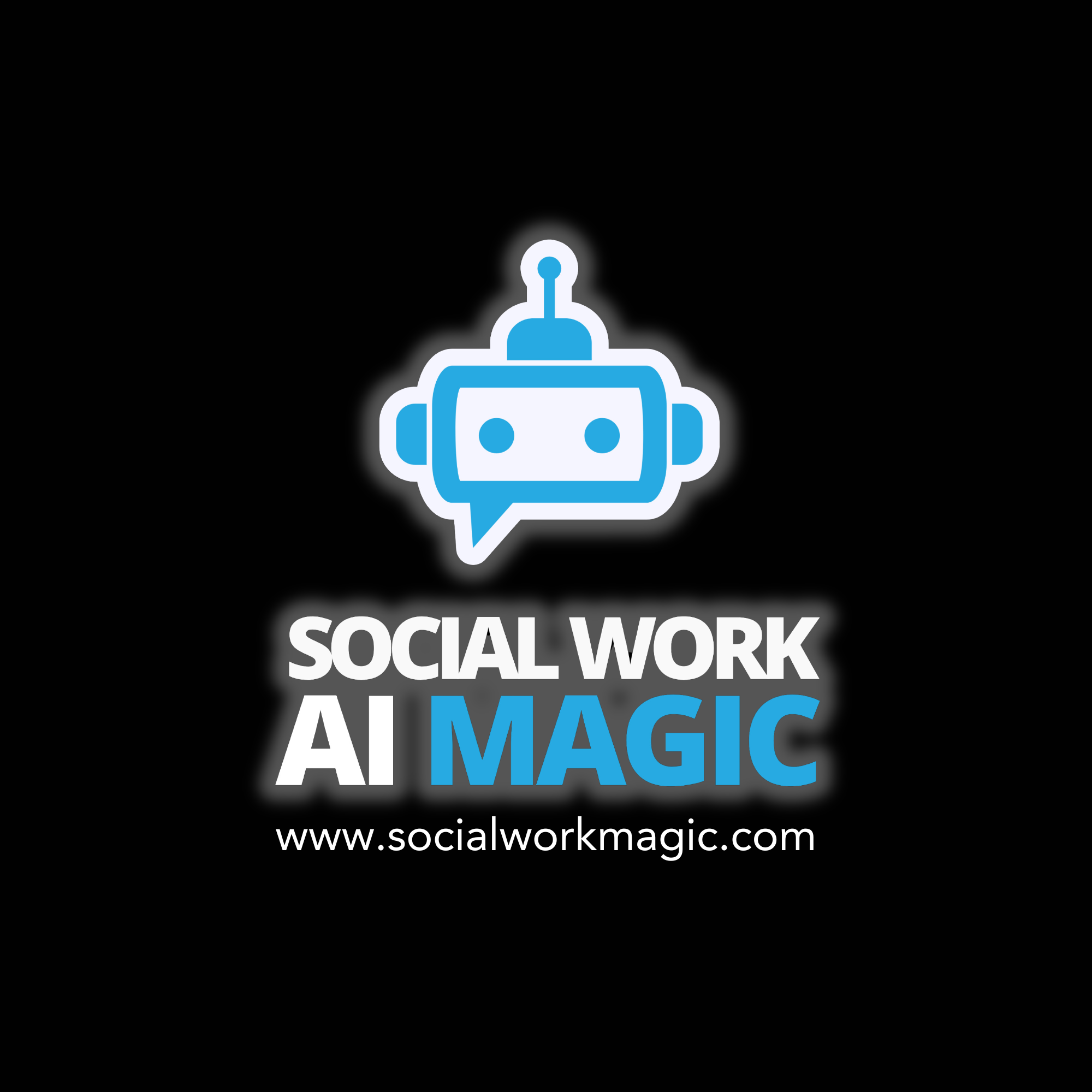Simplifying Social Work with Advanced Technology
- Social Work AI Magic

- Jun 5, 2025
- 3 min read
In today's rapidly evolving digital landscape, social workers and other helping professionals are leveraging technology to enhance their effectiveness and efficiency. Advanced tools like AI can streamline processes, improving client interactions, and provide invaluable resources that assist social workers in their daily tasks. By integrating technology into their practice, social workers can focus more on what truly matters - connecting with individuals face to face and helping them find necessary solutions.
Social Work AI Tools
Social work AI tools are designed to support social workers in various ways. From case management software to AI-driven analytics, these tools help practitioners streamline administrative tasks, better understand their clients’ needs, and enhance service delivery. For instance, AI empowered case management systems can automate the documentation process, allowing social workers to spend less time on paperwork and more time with clients.
Some statistics show that social workers spend between 30% to 50% of their time on administrative tasks (sometimes even more!). By utilizing AI tools, they can reclaim valuable hours that can be better spent on direct client services. In addition, AI-driven tools can analyze large datasets for nuanced patterns that humans might not pick up on, and offer insights that enable better decision-making and client interventions.

Enhancing Client Interactions
One major area where technology has made a significant impact is in client interaction. AI tools enable social workers to personalize their approach to each client by analyzing information and identifying specific needs. For example, chatbots can provide immediate responses to clients seeking assistance, offering support outside of regular office hours. This 24/7 availability ensures that clients feel heard and supported, regardless of when they reach out.
Additionally, technology can facilitate remote consultations. Video conferencing platforms allow social workers to meet clients in various locations, making services more accessible, especially for those who may have transportation challenges. This flexibility can improve the relationship between social workers and clients, helping to build trust and communication.

Streamlining Documentation
Documentation is a crucial aspect of social work because it ensures accountability and provides a record of client interactions and interventions. However, the burden of extensive paperwork can detract from frontline services. AI can simplify this process and make everything smoother...and possibly produce even better outcomes.

Training and Professional Development
As technologies like AI continue to evolve, ongoing training for social workers becomes essential. Knowing how to effectively utilize social work AI tools like Social Work Magic is imperative for the modern practitioner. Many organizations are developing training programs that cover emerging technologies to ensure social workers are prepared to work efficiently in the digital age.
By incorporating AI literacy into professional development, social workers can stay up-to-date with industry trends while enhancing their skills. These training opportunities promote a culture of continuous learning, enabling practitioners to adapt as new tools and methods become available.

Embracing a Tech-Forward Future
The integration of technology into social work is not just a trend; it's a necessity in today’s world. As the sector continues to adopt advanced tools, social workers have the chance to innovate their practices, improving service delivery and outcomes for clients. The successful implementation of social work AI tools can help address some of the most pressing challenges facing the industry, enabling professionals to work smarter, not harder.
By embracing technology, social workers can transform how they interact with clients and streamline administrative tasks. As the field evolves, it will be crucial to remain open to new tools and methodologies that can enhance daily practices and improve overall efficacy.
With a commitment to continuous learning and adaptation, social workers will be well-equipped to meet the challenges of tomorrow head-on, ensuring that their impact is as profound and far-reaching as possible.




Comments